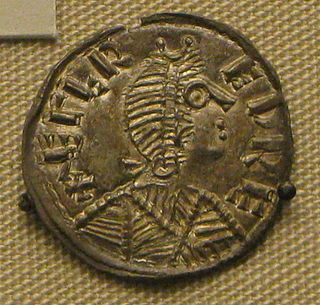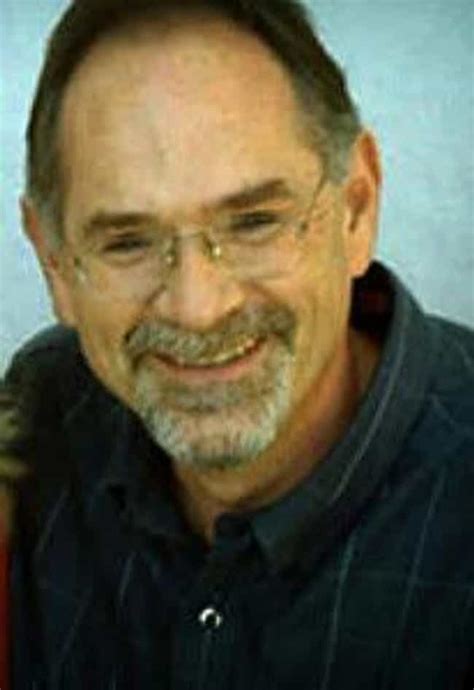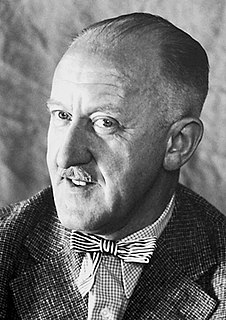A Quote by Michel de Montaigne
The recognition of virtue is not less valuable from the lips of the man who hates it, since truth forces him to acknowledge it; and though he may be unwilling to take it into his inmost soul, he at least decks himself out in its trappings.
Related Quotes
My conception of the audience is of a public each member of which is carrying about with him what he thinks is an anxiety, or a hope, or a preoccupation which is his alone and isolates him from mankind and in this respect at least the function of a play is to reveal him to himself so that he may touch others by virtue of the revelation of his mutuality with them. If only for this reason I regard the theater as a serious business, one that makes or should make man more human, which is to say, less alone.
At that instant he knew that all his doubts, even the impossibility of believing with his reason, of which he was aware in himself, did not in the least hinder his turning to God. All of that now floated out of his soul like dust. To whom was he to turn if not to Him in whose hands he felt himself, his soul, and his love?
He who gives himself to a lover because he is a good man, and in the hope that he will be improved by his company, shows himself to be virtuous, even though the object of his affection turn out to be a villain, and to have no virtue; and if he is deceived he has committed a noble error. For he has proved that for his part he will do anything for anybody with a view to virtue and improvement, than which there can be nothing nobler.
For in prosperity a man is often puffed up with pride, whereas tribulations chasten and humble him through suffering and sorrow. In the midst of prosperity the mind is elated, and in prosperity a man forgets himself; in hardship he is forced to reflect on himself, even though he be unwilling. In prosperity a man often destroys the good he has done; amidst difficulties he often repairs what he long since did in the way of wickedness.
Never do I argue with a man with a desire to hear him say what is wrong, or to expose him and win victory over him. Whenever I face an opponent in debate I silently pray - O Lord, help him so that truth may flow from his heart and on his tongue, and so that if truth is on my side, he may follow me; and if truth be on his side, I may follow him.
Man is a willful and covetous animal, who makes use of his intellect to satisfy his inclinations, but who cares nothing for truth, who rebels against personal discipline, who hates disinterested thought and the idea of self-education. Wisdom offends him, because it rouses in him disturbance and confusion, and because he will not see himself as he is.
The whole purpose of spiritual direction is to penetrate beneath the surface of a man's life, to get behind the façade of conventional gestures and attitudes which he presents to the world, and to bring out his inner spiritual freedom, his inmost truth, which is what we call the likeness of Christ in his soul.
The man who lies to himself can be more easily offended than anyone else. You know it is sometimes very pleasant to take offense, isn't it? A man may know that nobody has insulted him, but that he has invented the insult for himself, has lied and exaggerated to make it picturesque, has caught at a word and made a mountain out of a molehill--he knows that himself, yet he will be the first to take offense, and will revel in his resentment till he feels great pleasure in it.
Some souls think that the Holy Spirit is very far away, far, far, up above. Actually he is, we might say, the divine Person who is most closely present to the creature. He accompanies him everywhere. He penetrates him with himself. He calls him, he protects him. He makes of him his living temple. He defends him. He helps him. He guards him from all his enemies. He is closer to him than his own soul. All the good a soul accomplishes, it carries out under his inspiration, in his light, by his grace and his help.









































